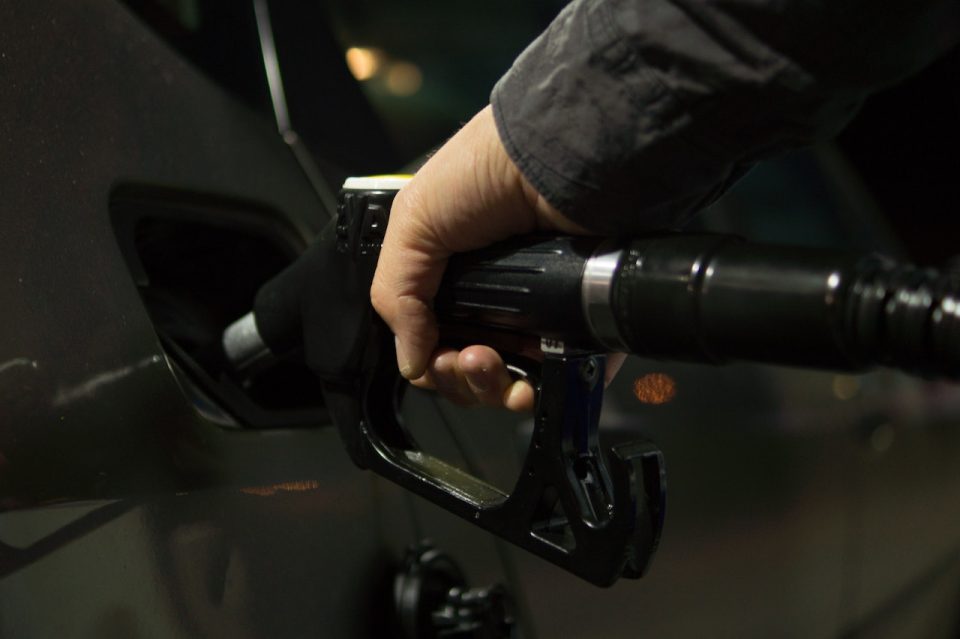In a disconcerting turn of events, American consumers faced the double whammy of escalating gas prices and a sluggish reduction in inflation throughout the month of August, and consequently, the Consumer Confidence Index witnessed a notable decline, plummeting to 106.1, as reported by The Conference Board.
The steadfast increase in gas prices across the United States was a key factor weighing on consumers’ minds. The average cost of a gallon of gasoline surged to $3.82, a figure strikingly comparable to the price point from a year prior. This surge represented an incremental leap of $0.08 from the preceding month. The exacerbation of gas prices was paralleled by a deceleration in the pace of inflation reduction, together catalyzing a significant decline in consumer confidence.
The inflationary pressures, which had been somewhat quelled, experienced a resurgence with a 3.2% rise in July, up from the 3% escalation observed in June. Notably, this surge was most prominently manifested in gasoline and diesel prices. August bore witness to gasoline prices hitting their pinnacle for the year 2023, while diesel prices soared to their zenith since March.
The prevailing sentiment regarding the robustness of the labor market further contributed to the erosion of consumer confidence in August. As data indicated, the number of available job opportunities in the United States dwindled to its lowest point in over two years during July. Market analysts remain apprehensive of impending downside risks to confidence metrics, particularly as the labor market teeters on the precipice of more pronounced weakening in the upcoming months.
Signaling a potentially precarious economic landscape, expectations for the immediate future plummeted to a disconcerting reading of 80.2 in the most recent Consumer Confidence Index release. It’s historically noteworthy that readings below the 80-point threshold have historically served as a harbinger of an impending recession within the subsequent twelve months.
Oxford Economics’ team, helmed by esteemed US economist Michael Pearce, has advanced the notion that the waning consumer confidence index underscores an emerging sense of financial strain experienced by consumers. The convergence of restricted job openings and surging gas prices has raised concerns about a potential contraction in consumer spending, and consequently, the ominous prospect of a recession looms over the United States.
As the financial data continues its downward spiral, casting shadows over consumer confidence, American citizens are urged to brace themselves for an imminent economic inflection point. Nonetheless, amid this period of economic turbulence, astute investors might discover pockets of opportunity. It’s essential for investors to explore all potential avenues when navigating the fluctuating market landscape.
In summation, the month of August has witnessed a somber interplay of factors that have coalesced to undermine consumer confidence in the United States. Soaring gas prices, coupled with a deceleration in inflation reduction and a less robust labor market, have collectively contributed to the decline in the Consumer Confidence Index. With economic indicators pointing towards potential recessionary headwinds, the onus is on both consumers and investors to navigate these uncertain waters judiciously.
Source: Yahoo Finance

